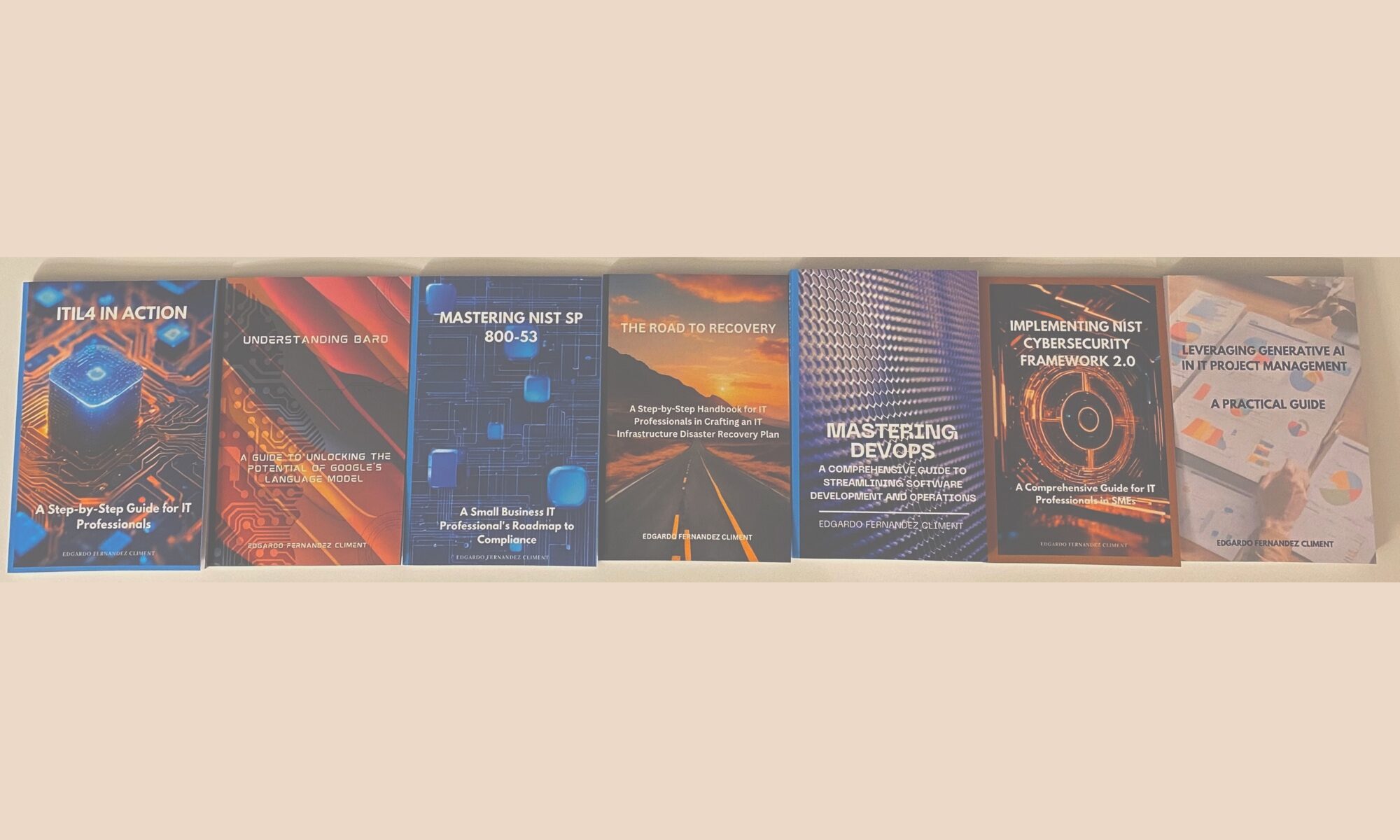In today’s rapidly evolving digital landscape, integrating Generative AI (GenAI) into project management represents a groundbreaking development. This new frontier offers project managers innovative ways to optimize processes, enhance team collaboration, and drive efficiencies across the project lifecycle. As organizations seek to stay competitive in a fast-paced world, GenAI is emerging as a key enabler of more intelligent, adaptive, and proactive project management approaches.
What is Generative AI (GenAI)?
Generative AI refers to AI systems capable of generating new content—text, images, code, or even entire workflows—based on a set of inputs. Unlike traditional AI, which focuses on analyzing existing data to provide insights, GenAI can create outputs immediately applied in practical scenarios. In the context of project management, GenAI tools can help craft strategies, automate documentation, suggest solutions to challenges, and even anticipate project risks.
The Rise of GenAI in Project Management
The role of AI in project management has grown significantly over the past few years, particularly in areas like predictive analytics, task automation, and performance monitoring. With the introduction of GenAI, project managers are now equipped with tools that assist in executing tasks and actively participate in creative problem-solving and decision-making processes.
For instance, rather than manually drafting project plans, timelines, or status reports, project managers can now use GenAI to generate these documents automatically. This shift can significantly reduce the time spent on administrative tasks, allowing managers to focus on higher-level strategic thinking.
Key Applications of GenAI in Project Management
- Automated Project Planning and Documentation
One of the most time-consuming aspects of project management is creating and maintaining project plans, reports, and other essential documents. GenAI tools can generate these documents by analyzing past project data, existing templates, and organizational goals. With GenAI, project managers can create detailed plans, timelines, and risk assessments with a few clicks, ensuring consistency and thoroughness across all project documents. - Predictive Risk Management
Traditional AI has already contributed to identifying project risks based on historical data, but GenAI takes it further. It can anticipate future risks by simulating various scenarios and suggesting preemptive actions to mitigate them. For example, if resource shortages or delays are common in similar past projects, GenAI can flag these risks early, providing alternative strategies to keep the project on track. - Enhanced Collaboration and Communication
Effective communication and collaboration are critical in modern project management. GenAI can streamline communication by generating automated updates, summarizing key project information, and even offering insights into potential bottlenecks or team dynamics that might require attention. GenAI-powered chatbots can provide instant responses to routine questions from team members, reducing delays caused by information gaps. - Task and Workflow Automation
GenAI’s ability to automate workflows is a game-changer for project managers. It can analyze project data, recommend optimal task assignments, monitor progress, and even suggest workflow adjustments to improve efficiency. For example, if a project encounters a roadblock, GenAI can propose alternate paths, reassign tasks, or adjust deadlines in real-time, helping the project stay on course without requiring extensive manual intervention. - Budgeting and Resource Allocation
Project managers often allocate limited resources across multiple tasks and phases. GenAI can assist in this by analyzing past projects and offering insights into resource needs, potential cost overruns, or areas where efficiency can be improved. GenAI-driven financial models can optimize budgets by forecasting expenses more accurately and offering data-backed recommendations on resource distribution.
Overcoming Challenges with GenAI
Despite its potential, integrating GenAI into project management is not without challenges. One key issue is trust—can managers fully rely on AI-generated insights and suggestions? While GenAI is highly advanced, it still requires human oversight. Managers should view GenAI as an augmentation of their skills rather than a replacement.
Data privacy and security also remain top concerns. As GenAI tools often require access to sensitive project data, organizations must ensure proper data protection measures are in place. Additionally, training teams to effectively use GenAI tools will be critical to ensuring their success in a project management environment.
The Future of GenAI in Project Management
The future of GenAI in project management is undoubtedly promising. As AI technologies continue to evolve, we can expect even more sophisticated tools that can assist with routine tasks, drive innovation, improve decision-making, and enhance strategic planning.
In the years ahead, GenAI could become a central component of project management offices (PMOs), helping organizations manage projects, predict trends, innovate processes, and adapt to a rapidly changing business landscape. Early adopters of GenAI in project management will likely enjoy a competitive advantage, as they can reduce costs, improve efficiency, and deliver projects faster and with greater accuracy.
Conclusion
GenAI marks a new frontier in project management, potentially revolutionizing how projects are planned, executed, and delivered. GenAI empowers project managers to work smarter and more effectively, from automating mundane tasks to enhancing strategic decision-making. While challenges remain, the opportunities GenAI offers are too significant to ignore. As organizations explore the possibilities of GenAI in project management, they will discover that this technology is not just a tool for the future—it’s a tool for today.
